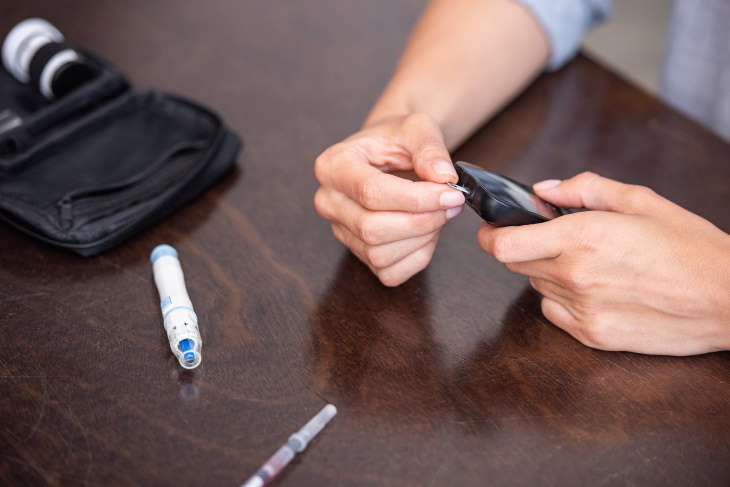Diabetes has been on the rise for decades, with an estimated 422 million worldwide suffering from the condition as of 2014 according to the WHO. The majority of these patients suffer from the acquired form of the disease, known as type 2 diabetes, which is notorious for being undiagnosed for years. Until recently, the treatment of type 2 diabetes in its advanced stages, for the majority of patients, was limited to injections, which are invasive, painful, and significantly more expensive than oral medications. Luckily, that is about to change, as a new treatment of the disease has recently passed FDA approval.
The drug in question is called Rybelsus, and it belongs to a group of glucagon-like peptide (GLP-1) drugs, which are sometimes prescribed to patients who can no longer control their blood sugar with diabetes medications that come in pills. These drugs typically come in injections, as the active ingredients of these medications are destroyed by stomach acids.
Rybelsus is the first drug of this kind to come in tablet form, and it has been approved as a standalone or complementary treatment of type 2 diabetes.
The tablets will be taken daily 30 minutes before food in the morning. Though the pricing of the new drug will be comparable to similar injectable treatments, the new medication can help relieve the psychological and financial burdens for many diabetes patients, as they will no longer require painful injections and will ultimately save money on syringes. Given that type 2 diabetes is a chronic disease and patients require daily or weekly injections for years on end, this is a major improvement.
The effectiveness and safety of Rybelsus have been proven in several clinical trials and established that it can stabilize blood sugar levels in type 2 diabetes patients. The medication is not advised to treat type 1 diabetes, and the FDA doesn’t recommend Rybelsus as the first choice of treatment because it may increase the risk of a specific type of thyroid tumors as a side effect.
Still, the developers of the drug, Novo Nordisk, predict that it will become the treatment of choice for many patients and will lead the way in producing other novel treatments that are currently only available in injection form.
 Go to BabaMail
Go to BabaMail


























